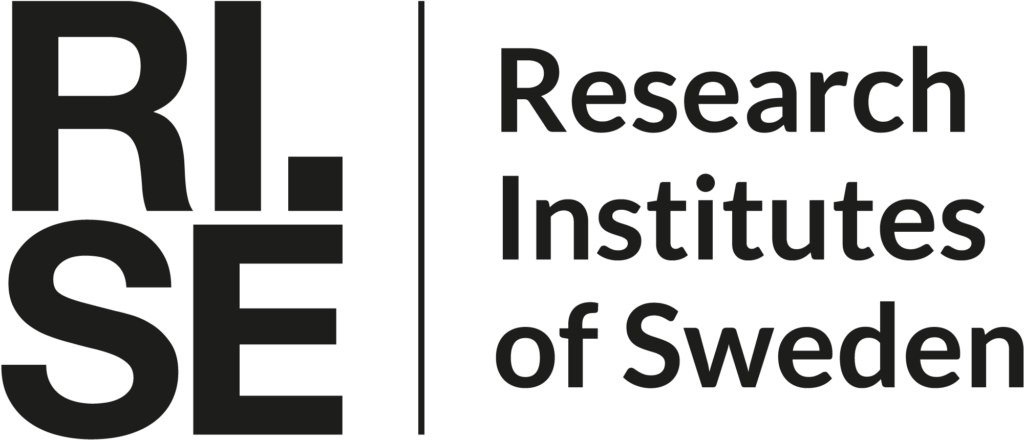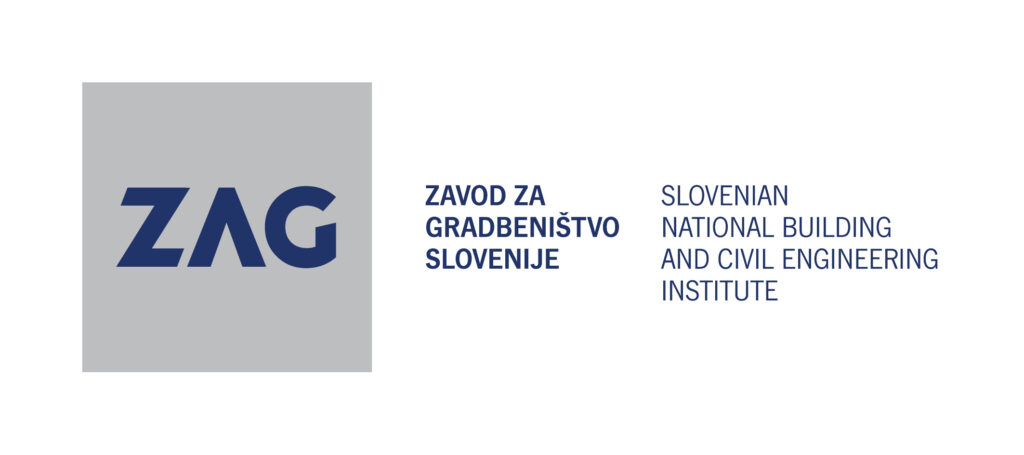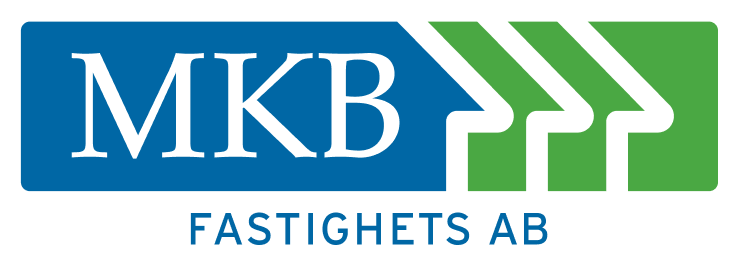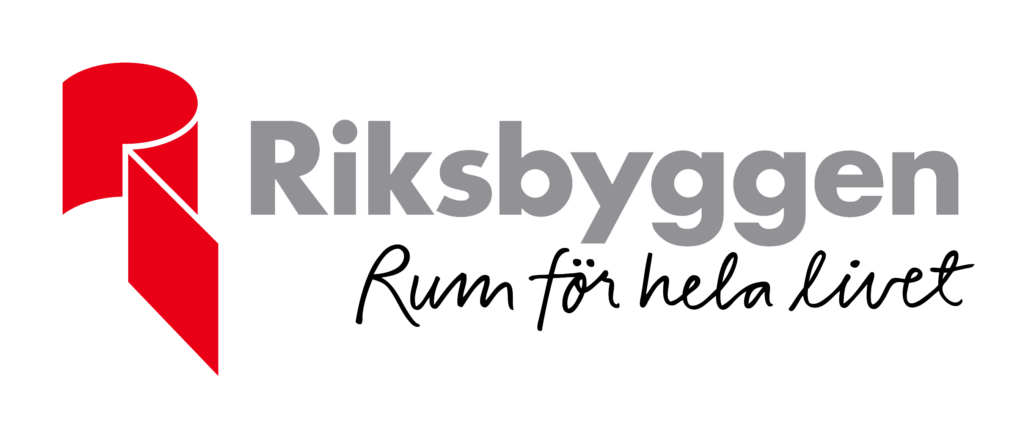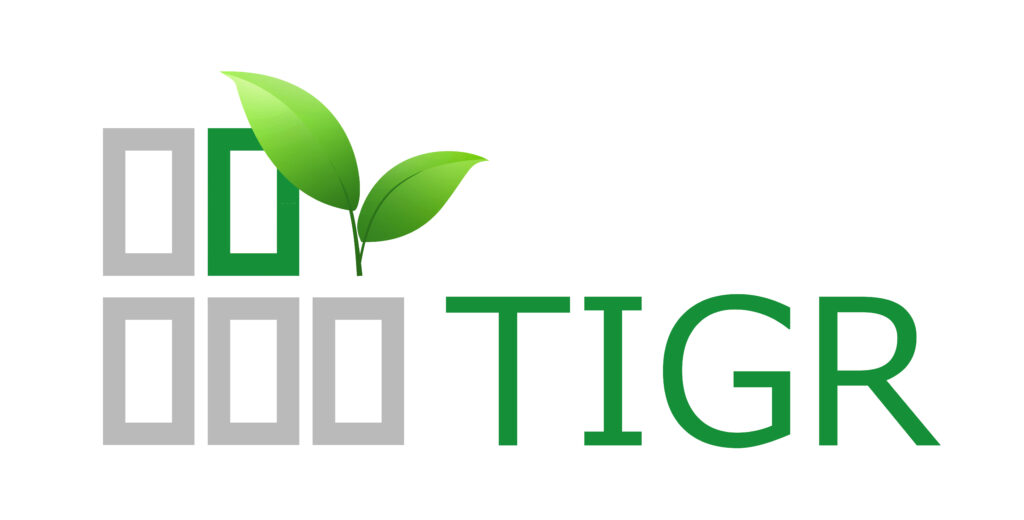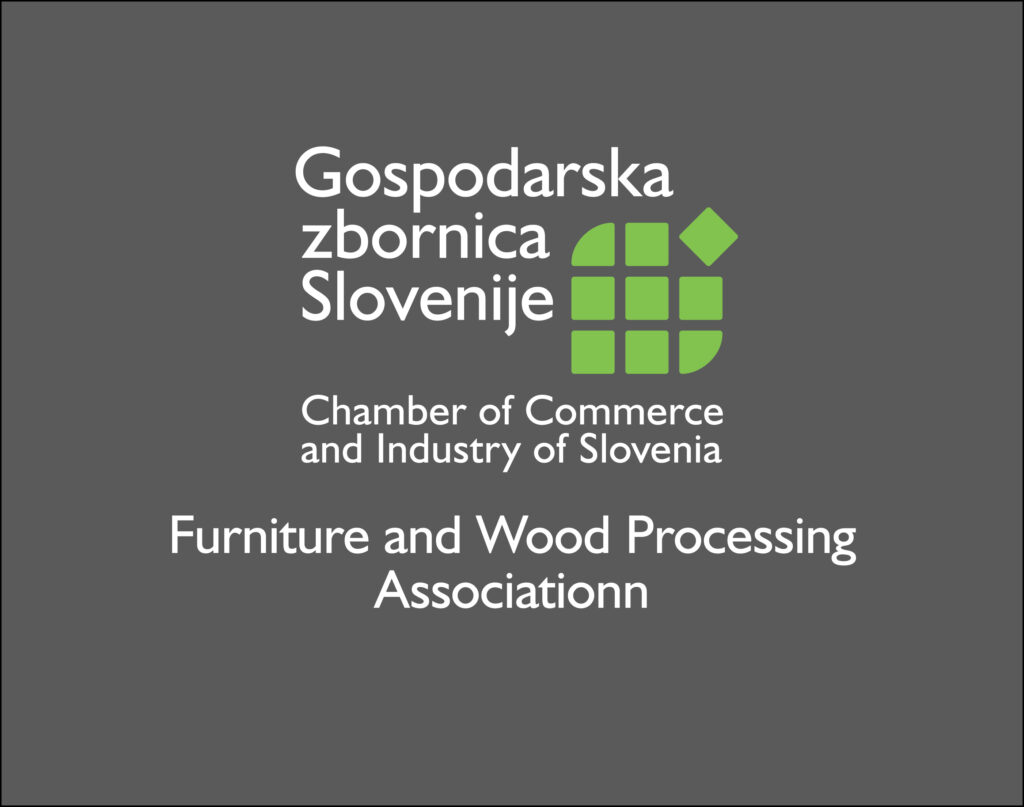CDCUL is an ambitious, multi-national research project exploring how shared appliances, facilities, and spaces influence the perceived value of residential properties. The project investigates whether the inclusion of shared services – like co-working areas and shared toolkits – can make urban homes more appealing to citizens in Sweden, the Netherlands, and Slovenia.
Are urban residents willing to pay to share access to products and services that they might not purchase independently?
71,9 million
Total number of single adult, childless households in the EU. By far the largest category of households. Larger than the population of Poland and Ukraine, combined.
21-36%
Sharing common spaces like kitchens can save between 21-36% in embodied carbon per inhabitant compared to traditional apartment designs
This project is contributing to goal number 11 and 12 of UN Sustainable Development Goals
Study Areas
Funding


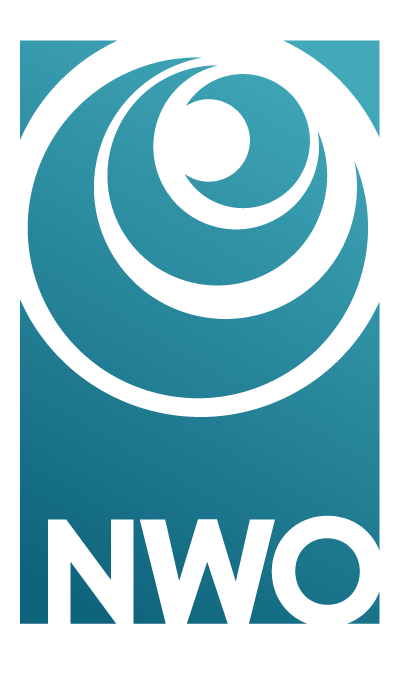
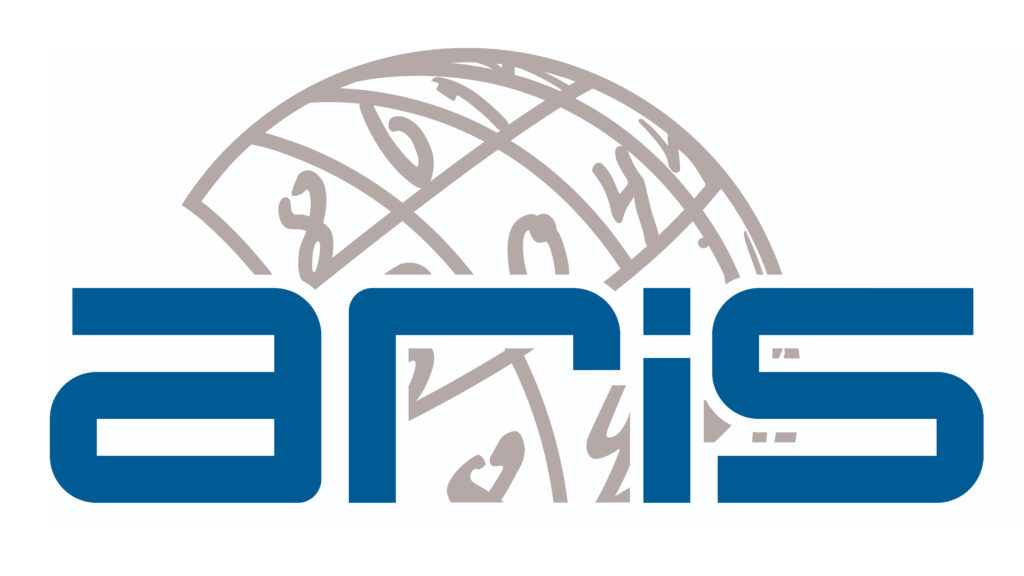
Latest News
Presenting at the RGS-IBG Annual Conference: Creative Geographies of Shared Urban Living
This year’s Royal Geographical Society Annual International Conference brought together researchers, policymakers, and practitioners to explore pressing global challenges under the theme of Geographies of Housing. On 29 August 2025, during Session 1: Geographies of Housing, Dr Andrea Armstrong-Pulinx (Maastricht
Insights about sharing preferences from two focus group discussions in Ljubljana, Slovenia
Like in the Netherlands and Sweden, Slovenia also hosted two focus groups in Ljubljana to explore people’s preferences and experiences in when it came to sharing a work-study space, a kitchen, a workshop space, a toolbox, and a cargo bike
Presenting at the RGS-IBG Annual Conference: Creative Geographies of Shared Urban Living
This year’s Royal Geographical Society Annual International Conference brought together researchers, policymakers, and practitioners to explore pressing global challenges under the theme of Geographies of Housing. On 29 August 2025, during Session 1: Geographies of Housing, Dr Andrea Armstrong-Pulinx (Maastricht
Insights about sharing preferences from two focus group discussions in Ljubljana, Slovenia
Like in the Netherlands and Sweden, Slovenia also hosted two focus groups in Ljubljana to explore people’s preferences and experiences in when it came to sharing a work-study space, a kitchen, a workshop space, a toolbox, and a cargo bike


